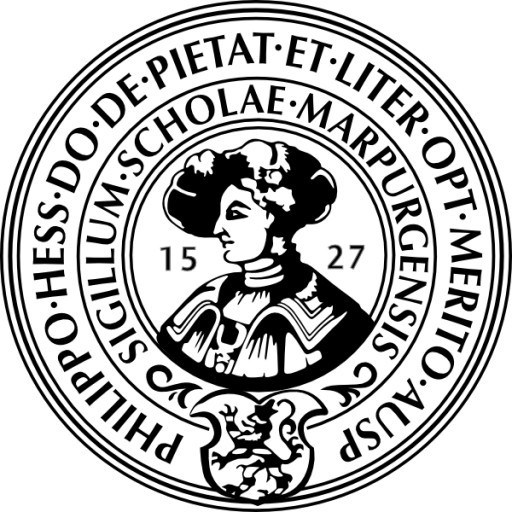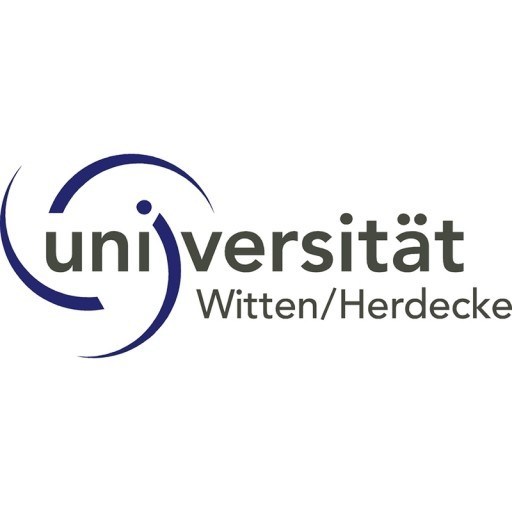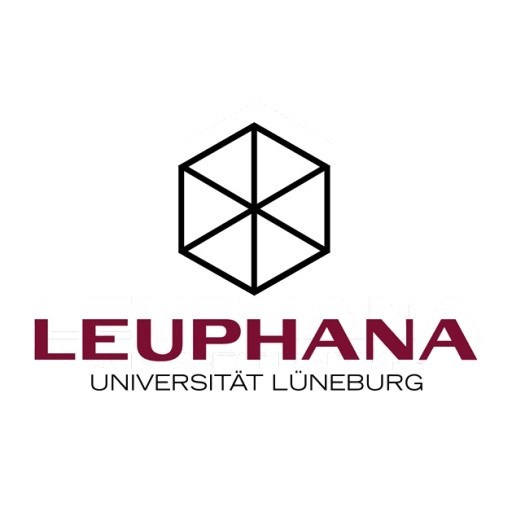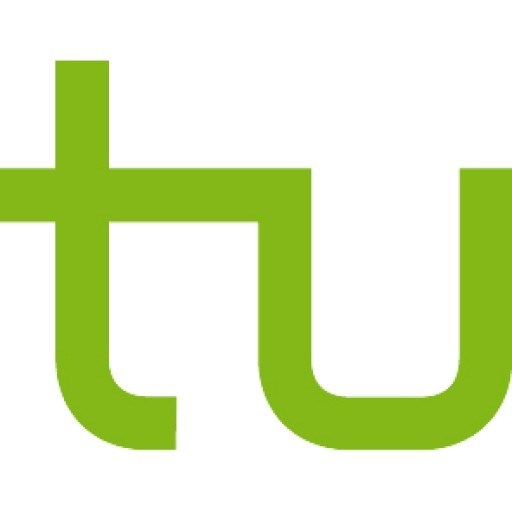Photos of university / #philippsunimarburg
The MSc in Economics and Institutions offers rigorous training in all major fields of economic theory and policy (including research methods) and is fully taught in English. It is designed as a general MSc Economics programme with a distinctive focus on the economic analysis of institutions. This unique focus is based upon the fundamental insight that the performance of an economy crucially depends on its institutions. These may be formal institutions, e.g. business laws and regulations, the organisation of the social security system, the design of central banks, or institutional structures of the state and its political processes; on the other hand, institutions may also be of an informal nature, e.g. norms and habits or specific institutions, such as cooperatives and micro-credit markets in developing countries. Therefore, New Institutional Economics, Constitutional Economics, Law and Economics, Mechanism Design, Principal Agent Theory, and Political Economy/Public Choice are the main theoretical approaches, which students learn to apply in order to analyse the effects of current rules, regulations and organisations. They also form the basis for developing educated reform proposals in a broad field of economic applications. This institutional economics focus also reflects the specific research profile of the economics professors in Marburg. Complementing the study focus on Institutional Economics, two economics specialisations are offered in the programme: Economic Policy and Money, Accounting and Finance. An international student body, small course sizes, intensive lecturer-student interactions during seminars, modern teaching approaches and the many years of experience running this programme are important beneficial characteristics of the MSc in Economics and Institutions.
Educational organisation
Following the Bologna guidelines on European university education, the course is structured so that 30 credit points (ECTS) should be achieved every semester. The different modules in the Master's programme add up to 120 ECTS. The following section gives an overview of the programme structure and its modules.- Research Methods (12 ECTS points)
- Institutional Economics (36 ECTS points)
- Economics Specialisations (18 ECTS points)
- Key Qualifications (6 ECTS points)
- Additional Electives (18 ECTS points)
Please note: for students without German language skills there may be a limited range of options available.
Modules are offered in one of the following fields: another Economics Specialisation, Specialisations in Business Administration, Foreign Language(s), Quantitative Methods, Economic History, Political Science, Sociology, other Social Sciences, Humanities, and Natural Sciences.
- Master's Thesis (30 ECTS points)
Forms of assessment
Written/oral exams, oral presentations, term/seminar papersCourse objectives
The Master of Science degree programme in Economics and Institutions at the Philipps-Universität Marburg provides students with comprehensive training, enabling them to pursue a career as a professional economist in government services or business, as well as serving as a good basis for an academic career.Language requirements
Precondition for successful application is a confident command of the English language (European language classification scheme C1 or better, which is roughly equivalent to IELTS: 7.0, TOEFL (Internet based): 95 points, TOEIC: 945 points, ESOL: CAE).Academic requirements
The course is designed as a consecutive programme for students with a BSc/BA in Economics or a BSc/BA with an Economics major. At the time of application, students should have been awarded at least 144 ECTS points. Students who have studied another programme with a clear emphasis on Economics can also apply. In this case, the requirement are 90 ECTS in Economics courses (not business!) and research methods, particularly mathematics and statistics.Want to improve your English level for admission?
Prepare for the program requirements with English Online by the British Council.
- ✔️ Flexible study schedule
- ✔️ Experienced teachers
- ✔️ Certificate upon completion
📘 Recommended for students with an IELTS level of 6.0 or below.
Enrolment fees
The university charges a registration fee of 50 EUR and student union fees. State law requires all students to be members of the student union. These fees entitle students to subsidised accommodation as well as meals and automatically include a free travel pass for public transport in most of the state of Hesse. In summer 2016, the student union dues amounted to approx. 313 EUR.For further information, see: http://www.uni-marburg.de/studium/studsek/studienformalitaeten/dues-administrative-fee.
Costs of living
Living costs depend on individual lifestyles and on regional prices. The Marburg foreigners' registration office ("Ausländerbehörde") requires international students to prove that they have at least 600-700 EUR per month at their disposal in order to cover their living costs.For further information, see: http://www.uni-marburg.de/studium-en/zas-en/finanzierung/index_html.
Job opportunities
Within certain legal limits, job opportunities are available for international students. Fluent German is required for most jobs. Employment for international students must be approved by the foreigners' registration office. There are hardly any legal restrictions on taking academic assistant jobs at the university.For further information on job opportunities and university career services, see: http://www.uni-marburg.de/studium-en/zas-en/finanzierung/Jobs.
Arrival support
Marburg is located 100 km north of Frankfurt and can easily be reached by plane, public transport, or by car. For detailed descriptions of the different routes to Marburg and to find one's way around the town, see: http://www.uni-marburg.de/studium-en/zas-en/arrivemr.Services and support for international students
Philipps-Universität Marburg offers an intensive one-week welcome and orientation programme for all new international students. It includes a variety of services such as practical help with authorities, setting up health insurance, and opening a bank account. It also includes cultural and social events and the opportunity to make initial contacts with fellow students. The second week is usually dedicated to orientation programmes organised by the faculties.Special services for doctoral candidates are provided by Marburg University Research Academy (MARA).
For further information, see:
http://www.uni-marburg.de/international-en/incoming?language_sync=1
http://www.uni-marburg.de/international-en/incoming/stud/prac/orient/index_html?set_language=en
Accommodation
The situation on the accommodation market in Marburg is not easy. However, the university assists international students in finding suitable and affordable accommodation.The Studentenwerk Marburg maintains 20 student residence halls with a total of 2,049 units. Apart from single rooms, there are 129 flats with two to three rooms for married couples. Only students registered at Philipps-Universität Marburg are entitled to a place in a residence hall. The Konrad Biesalski House, in which handicapped and non-handicapped students live together, offers round-the-clock assistance. There is a bus service and other services such as physiotherapeutic exercises and massage baths.
Many students live in private accommodation or shared flats. The supply of flats in the centre of Marburg is limited, especially in the Oberstadt, but the situation on the outskirts of Marburg and in the immediate vicinity is better. There are good bus connections (bus timetables are available in the Customer Centres of the Municipal Department of Works on Rudolphsplatz). Experience shows that demand is highest on the accommodation market at the beginning of each semester (April, October), so you should start looking for accommodation around the end of the previous semester (February, July) if possible.
For further information, see: http://www.uni-marburg.de/studium-en/zas-en/livinginmr/accommodation.










